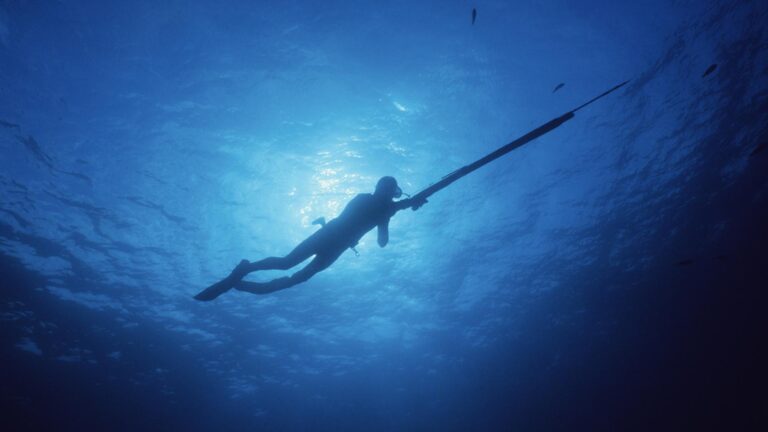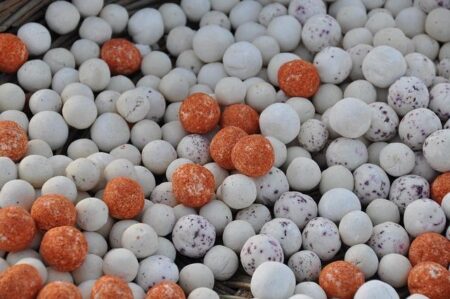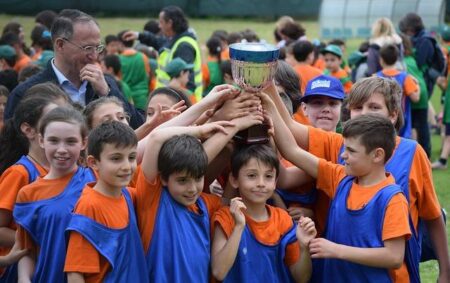Amid a global surge in the popularity of freediving, Hong Kong athletes are making waves on the international stage as they gear up to compete for world titles in Japan. This burgeoning interest in the sport, which combines breath-holding endurance with underwater skill, has ignited a competitive spirit among local divers eager to showcase their talents. The upcoming championships in Japan present a critical opportunity for Hongkongers to assert themselves amid a rapidly expanding field of elite freedivers from around the world.
Freediving Fever Sweeps Hong Kong as Athletes Gear Up for World Championships in Japan
Hong Kong’s freediving community is witnessing an unprecedented surge in enthusiasm as athletes intensify preparations ahead of this year’s World Freediving Championships in Japan. With a rich maritime heritage and increasing local interest, competitors from the city are breaking personal and national records in training pools and open waters alike. Coaches report a significant increase in beginners eager to embrace the sport’s unique blend of physical endurance, mental discipline, and serene underwater immersion.
Key factors fueling this growth include:
- Advanced training facilities: State-of-the-art pools and diving centers offering tailored programs for all skill levels.
- Community events: Monthly meetups and workshops fostering camaraderie and sharing of best practices.
- International exposure: Frequent participation in regional contests helping to sharpen competitive edge and confidence.
| Athlete | Discipline | Personal Best | Upcoming Goal |
|---|---|---|---|
| Leung Mei Ling | Constant Weight | 68m Depth | 75m Depth |
| Chan Wai Hung | Static Apnea | 5m 45s | 6m 10s |
| Tam Fai Hong | Dynamic Apnea | 140m Distance | 150m Distance |
Training Regimens and Mental Preparation Key to Hongkongers’ Competitive Edge
Hongkongers’ rise in the global freediving arena is underpinned by rigorous physical training regimes combined with nuanced mental conditioning techniques. Elite divers engage in daily breath-hold exercises, cardiovascular endurance drills, and strength-building routines designed to optimize lung capacity and overall oxygen efficiency. Central to their training is the practice of static apnea, where divers hold their breath underwater for extended periods, sharpening both physiological adaptations and psychological resilience.
Complementing physical conditioning, mental preparation plays a critical role in their competitive strategy. Techniques such as meditation, visualisation, and controlled breathing exercises are employed to alleviate anxiety and maintain composure under intense pressure. This holistic approach cultivates a unique blend of calm and confidence that Hongkongers credit for their competitive edge on the world stage.
- Daily static apnea sessions: Training breath-hold times incrementally.
- Cardiovascular workouts: Enhancing stamina and oxygen uptake.
- Mental techniques: Meditation and visualization to enhance focus.
| Training Component | Purpose | Frequency |
|---|---|---|
| Static Apnea | Increase breath-hold duration | Daily |
| Cardio Endurance | Improve oxygen circulation | 4-5 times/week |
| Mental Conditioning | Reduce stress, sharpen focus | Daily |
Experts Advise Safety Protocols and Breathing Techniques to Maximize Performance
Leading freediving coaches stress that rigorous adherence to safety protocols is vital as the sport’s popularity surges among Hongkongers pursuing new world records in Japan. Athletes undergo comprehensive training that includes supervised breath-hold practices, gradual depth acclimatization, and buddy system drills to minimize risks such as hypoxia and shallow water blackout. Medical experts also recommend pre-dive health assessments and emphasize the importance of emergency response readiness on-site to ensure rapid intervention if needed.
To enhance apnea performance, divers incorporate specialized breathing techniques designed to maximize oxygen efficiency and mental focus. Techniques such as diaphragmatic breathing and COâ‚‚ tolerance tables are routinely practiced, enabling participants to push their limits safely. The table below summarizes some essential breathing exercises used by elite divers:
| Breathing Technique | Purpose | Typical Duration |
|---|---|---|
| Box Breathing | Calms nervous system, stabilizes heart rate | 4-5 minutes |
| COâ‚‚ Tables | Increases COâ‚‚ tolerance, delays urge to breathe | 10-15 minutes |
| Controlled Hyperventilation | Increases oxygen saturation pre-dive | 1-2 minutes |
Future Outlook
As Hong Kong’s freediving community continues to ride the wave of growing global interest, their pursuit of a world title in Japan underscores both the city’s rising prominence in the sport and the athletes’ relentless dedication. With the world watching, these freedivers not only aim to push the limits of human endurance beneath the waves but also to inspire a new generation of water enthusiasts back home. Their journey is a testament to how passion and perseverance can carve a place on the international stage, even in the most unconventional arenas.




